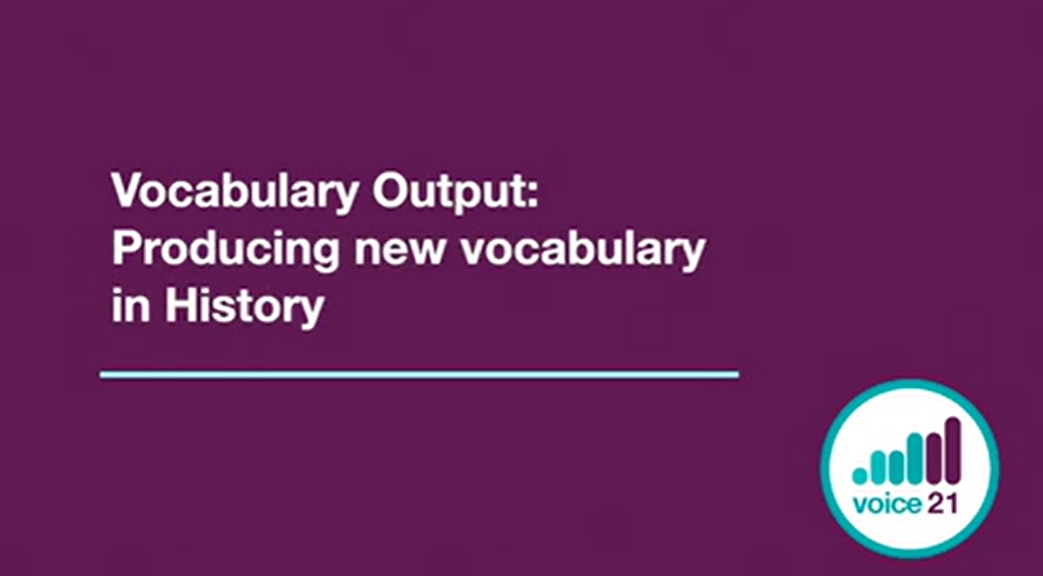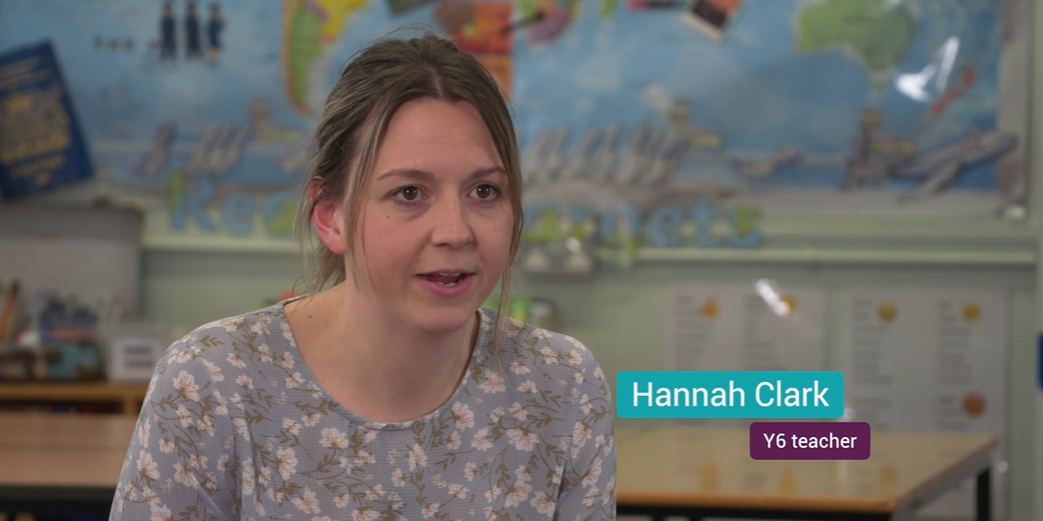New challenges in early language development
Early language development plays a crucial role in shaping a child's future academic success and overall well-being both in school and beyond. Yet, we know that there are challenges young people are currently facing in early language development. The way children engage with the world is changing, from more screen time and perpetual attention-based algorithms, challenges in early development can limit their exposure to language. A child’s spoken language skills at age five are the strongest predictors of attainment at age eleven. The decline in language and communication skills is urgent and crucial for the development of children today.
-1.png)
Why is early language development important?
- Poor performance in literacy at age 11 is strongly linked to early language deficits.
- Children with poor vocabulary in their early years have lower qualifications and employment prospects later in life.
- Poor language skills at age 5 affect school enjoyment, motivation and reading for pleasure.
- Early language emerges as the most important factor influencing literacy levels at age eleven.
- Ofsted has consistently noted the impact of work on language and communication in their national reports on high attainment and good learning.
- At secondary level, vocabulary skills at 13 strongly predict GCSE results at 15.
Early language development in vocabulary, attention, and communication skills are crucial for academic and social success.
How oracy supports vocabulary development
Oracy is a powerful teaching tool that enables students to learn through talk. By contextualising new vocabulary through talk and in different contexts, students feel confident that they have ownership of learned vocabulary. It is through hearing new language and using it in speed that children become able to read it, write it and deploy it with fluency.
There are five active ingredients of an oracy-centred approach to vocabulary development, which we outline in our Voicing Vocabulary report. For further practical guidance and support on developing an oracy-focus towards vocabulary development, download our Voicing Vocabulary report.
The impact of an oracy-centred approach to vocabulary development
In 2021, with the generous support of the Dulverton Trust, we launched a two-year research project to answer this question, establishing and evaluating an oracy-led approach to vocabulary development at the primary-secondary transition.
Year 6 and Year 7 students in participating schools completed standardised reading tests twice a year. At the start of the project, the proportion of students in Voicing Vocabulary schools with an above average* reading score (19%) was below the national average (23%). By the end of the project we saw an increase of nine percentage points (to 28%), meaning that now, students in Voicing Vocabulary schools are more likely to have an above average reading score than their peers nationally.
Below, you can watch a video of a Voice 21 Oracy school apply an oracy-centred approach to developing vocabulary in history class.
In Voice 21 Schools, more teachers become confident oracy practitioners
Teachers and leaders in Voice 21 Oracy schools benefit from a blend of in-person and online training, 1:1 consultancy and access to high-quality resources, supporting them to embed oracy into their teaching practices and curricula. At the beginning of their first year, just 30% of teachers are confident oracy practitioners, rising to 70% at the end of their third year.
Due to sustained support from Voice 21, teachers are more confident at creating a culture of talk within schools and the classroom, providing students with an oracy-rich classroom experience. In doing so, students in Voice 21 Oracy Schools experience more opportunities to hear and use new vocabulary in different contexts.
"We've seen how oracy is a great vehicle for teaching vocabulary. Having children say a word, use it in a sentence and put it into a contact really helps to deepen their understanding of it." - Hannah Clark, Year 6 Teacher
How can Voice 21 support your school?
Voice 21 is the national oracy education and our mission is to transform the learning and life chances of young people through talk. Becoming a Voice 21 Oracy School gives your school and whole staff the tools and practical resources to develop your oracy practice and tailor your oracy journey to suit your school context and goals. Voice 21 will support your teachers and leaders with resources and consultancy that will transform lesson planning with a focus on vocabulary.



.png?width=352&name=5%20(2).png)
.png?width=352&name=MH%20Blog%20Header%20Banner%20(1).png)

Leave a Comment